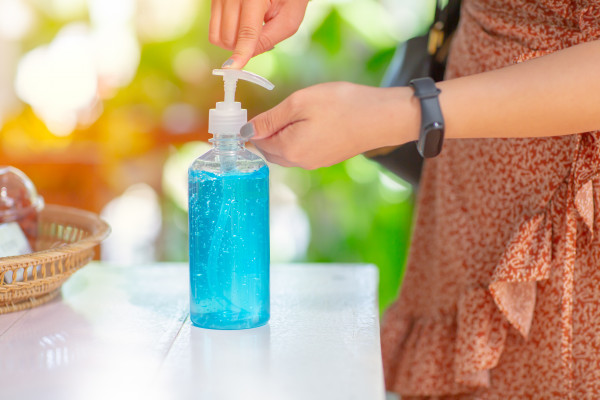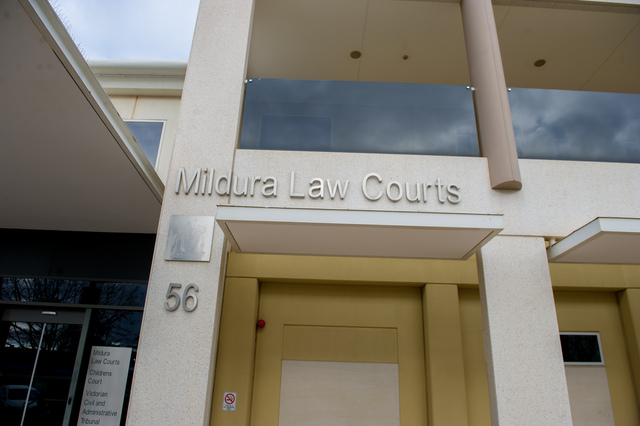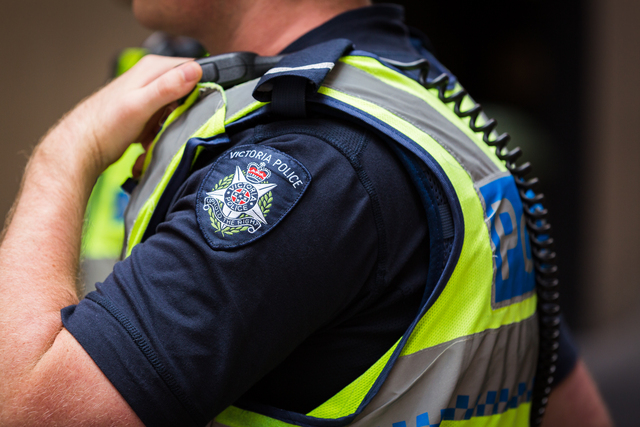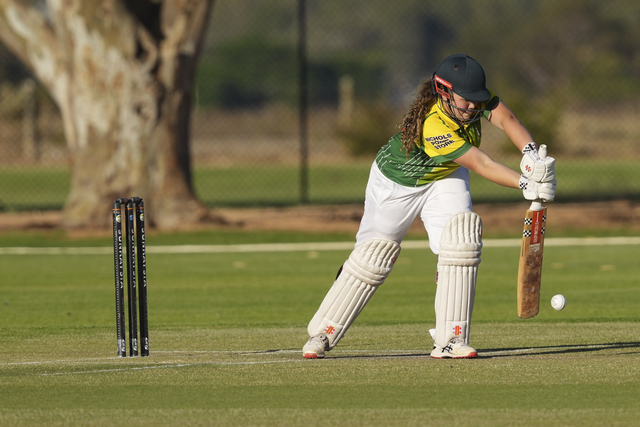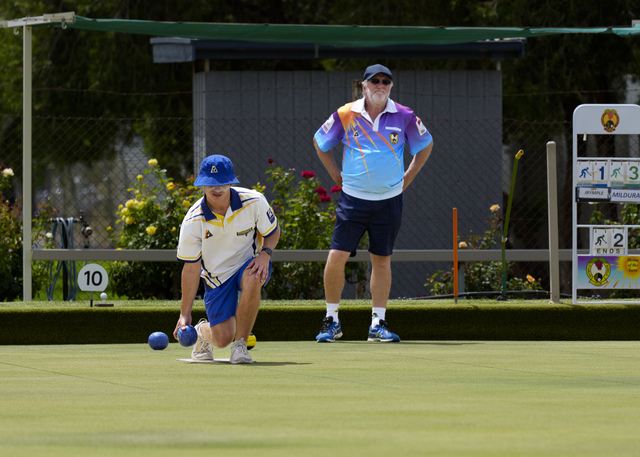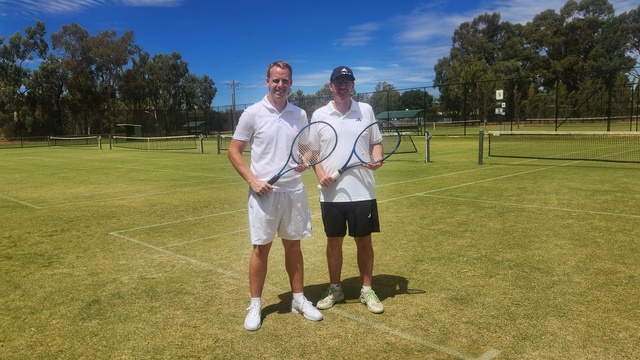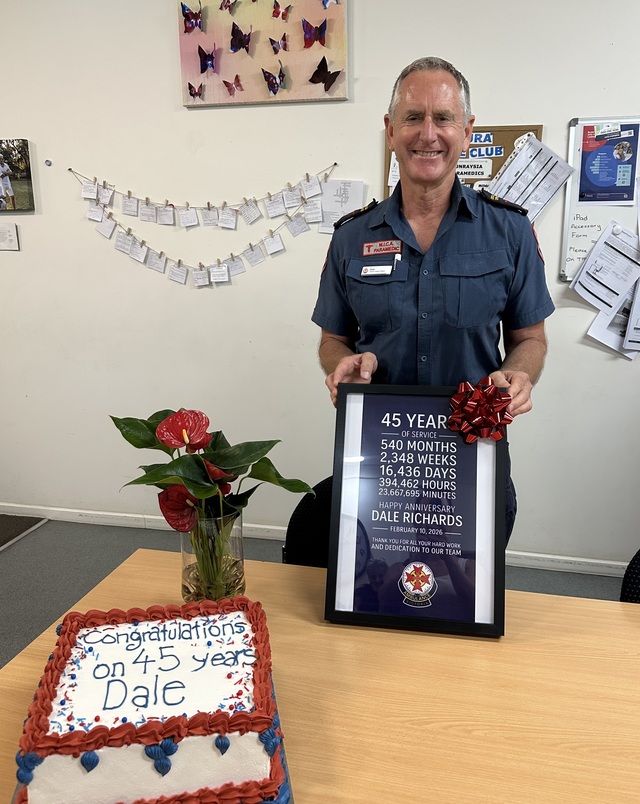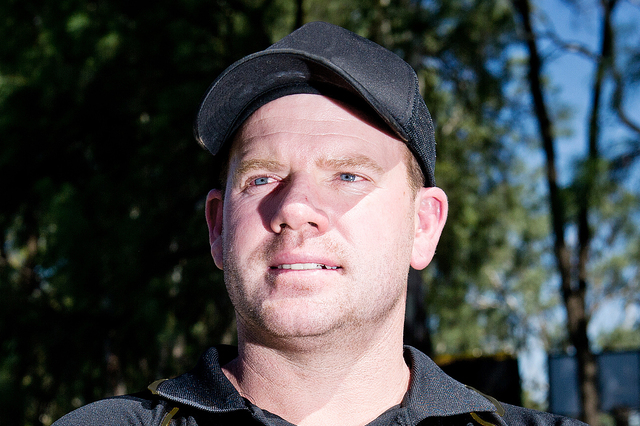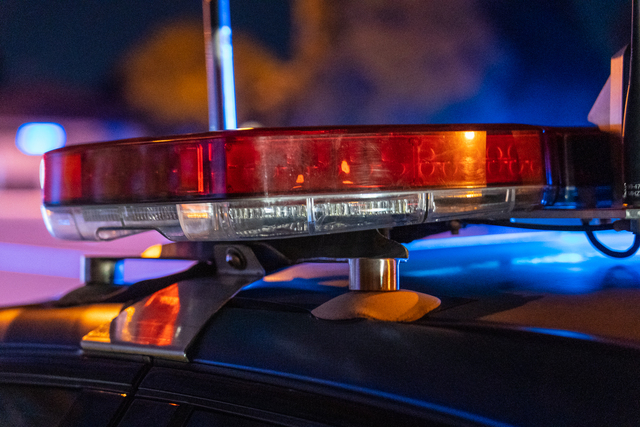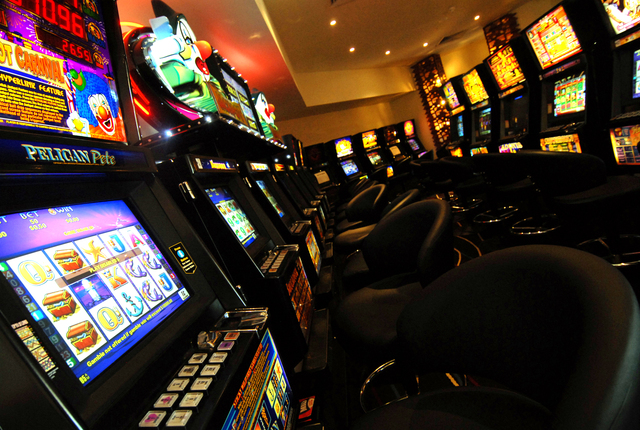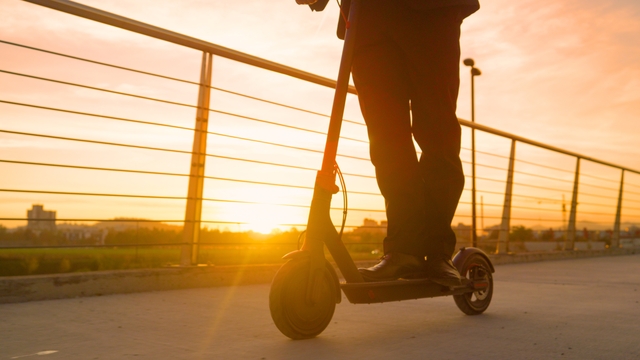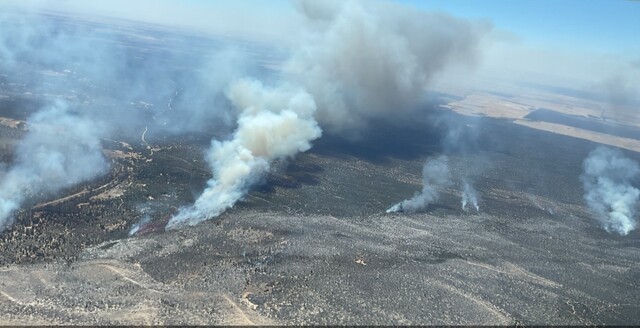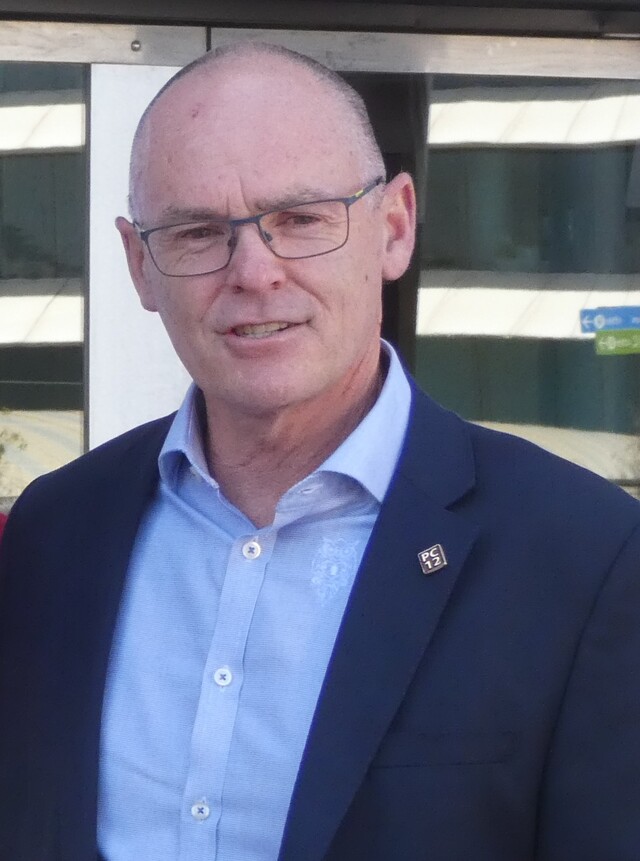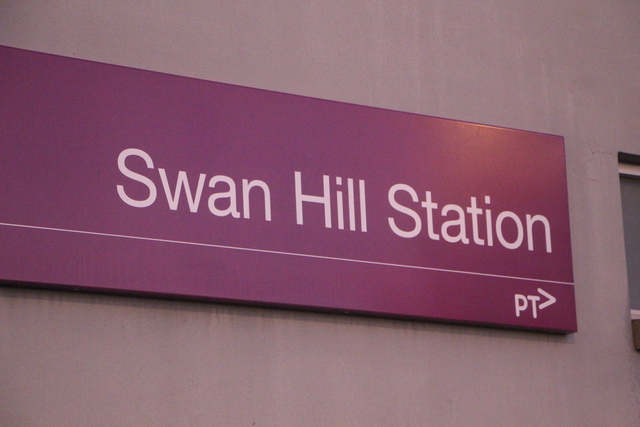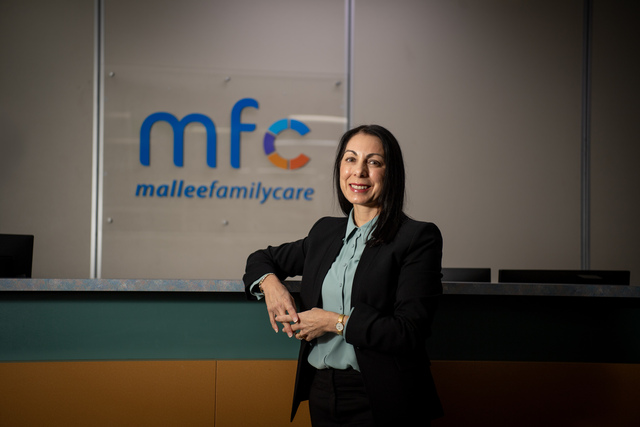Anne Webster, Member for Mallee
OPTIMISTS see the silver lining on any cloud, however in some parts of Australia there have been way too may clouds: unrelenting drought, catastrophic bushfires and now a global pandemic.
But there is a potential silver lining staring regional Australia in the face, if we look beyond the present threat.
During World War II, Australia responded to overwhelming need through invention and a can-do spirit.
Need predicated ideas, energy, organisation and implementation of war-time efforts. Australia’s response to COVID-19 is similar.
The spotlight is again on manufacturing medical items and Australian industry has stepped up. Necessity really is the mother of invention – and innovation.
We often hear about the resilience of regional communities. I see it first-hand when I talk with farmers who haven’t sown a crop for years or have watched paddocks creep through fences and blow away in dust storms. These farmers trade in resilience and hope.
But they have also adapted to change, whether it be environment, markets or technology. They have reset their business models and operations to meet the challenges and benefited by doing so.
This crisis offers regional communities an opportunity to reset, reconnect, reconsider and reshape the way we do business and live our lives.
There are two aspects in particular: one is value-adding to primary industries through manufacturing; the other is the way we live as members of community.
Building our manufacturing capabilities must become a focus if we are to see growth and recovery. We must embrace opportunities that pave a way for greater self-reliance on Australian supply chains.
Too much of our raw product is shipped overseas, then returned as product for sale. With technology and automation, we can cost-effectively produce quality goods that are desired around the globe.
COVID-19 also presents an opportunity to reconsider the way we live as a community. As families spend more time together, many are questioning the busyness of life pre-COVID-19. Social media bear hunts and backyard camping remind us of the importance of neighbourhoods.
And many people are seeking ways to increase their community connection and care, albeit from a distance. I have seen many instances of compassionate giving.
One example is a health provider who was invited to pick vegetables from the farm of a patient. She filled her boot with tomatoes, eggplants and capsicums and delivered them to her elderly, isolated clients.
I hear of people who have called old friends to touch base. I hope this reconnection will last and keep us considerate after the pandemic controls cease.
I believe Mallee can lead the nation in resetting modern life, in reconnecting social interactions to value community, and in reconsidering how regions can engage in global business on a more equal playing field.

